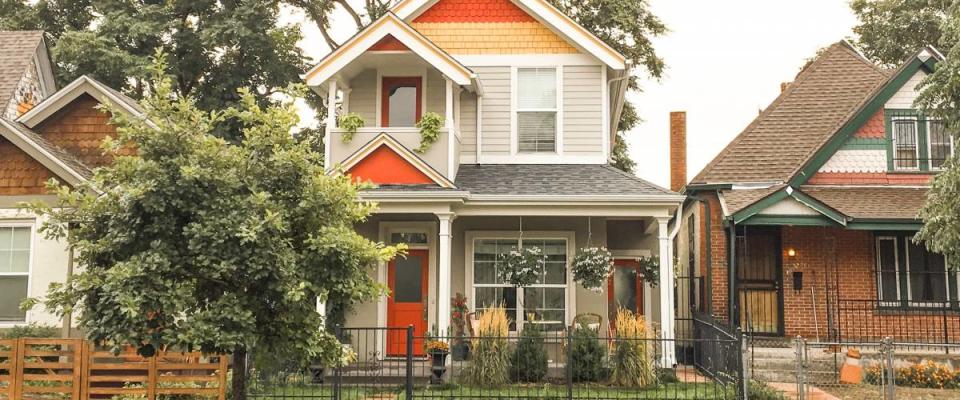Most homeowners say it’s OK to lie to save on insurance, survey finds

With budgets tight, many homeowners are trying out an innovative strategy to reduce their insurance premiums: lying.
A full two-thirds of homeowners say it’s OK to fudge the information they provide on price-comparison websites to save on home insurance, according to a U.K. study from LexisNexis Risk Solutions.
Does your insurer really need to know whether you have a fireplace? Rent a room on Airbnb? Own a Rottweiler?
While fibbing may seem like a low-stakes way to claw back some cash from greedy insurers, you could face serious consequences for doing so. Here’s why you’ll want to try some other ways to lawfully lower your premiums.
Homeowners are feeling cheated

The vast majority of homeowners (about 71%) purchase their policies online, often through third-party sites that make it easy to compare quotes from multiple insurers. The LexisNexis study suggests that shopping on these sites may make it easier for people to lie.
Indeed, the U.S.-based Insurance Information Institute says misrepresenting facts on an application is one of the most common forms of fraud, alongside inflating or inventing damages during the claims process.
Yet the U.K. results show people are most likely to lie or omit information when they feel aggrieved by the cost of insurance or cynical about an insurance provider’s motivations.
Nearly 90% of consumers who had filed recent claims believe providers try to avoid paying out claims at least some of the time, and people who had recently settled a claim were most likely to consider stretching the truth in the future.
To their credit, it’s true that insurers are very careful about which claims they pay out. Studies show fraud was rising in the U.S. even before the pandemic, and providers may be even more vigilant now that so many Americans are dealing with heavy debt and looking to cut down their bills.
The consequences of getting caught

Although it may be easier to lie on your homeowners insurance when you are applying online, modern technology also makes it fairly easy for the provider to follow up on all the details you include.
These days, many insurance companies use predictive modeling and social media analysis to root out fishy applications during the underwriting process. Untruths do get missed, but the insurer will likely take a closer look once you’ve filed a claim later on.
The vast majority of insurers now have special investigation units to help identify and investigate suspicious claims, according to the Insurance Information Institute.
Once a fib is found out, you can face several penalties. Your insurer may decide to:
Immediately charge you the total amount of savings you’ve enjoyed so far.
Deny your claim, leaving you out-of-pocket for whatever disaster just hit your home.
Cancel your policy, which can make it more difficult and expensive to get coverage elsewhere.
A better way to save on your home insurance

Suddenly getting a big bill instead of financial support can turn any disaster into a catastrophe. Honesty really is the best policy when it comes to your insurance policy.
And playing Pinocchio isn’t the only way to reduce your premiums.
About 70% of homeowners in the LexisNexis study simply renewed their policy with the same provider when it came due. But the Insurance Information Institute recommends comparing at least three quotes to ensure you’re getting a good price.
And if you’d like to save a little more month to month, you can always opt to raise your deductible. Just make sure you don’t set the deductible at a higher level than you can afford in a crisis, and put some of your savings aside in an emergency fund.
Take your savings further

The same principle — shopping around for the best rate — applies to your other types of insurance policies, too.
In fact, if you haven’t shopped around for a new price on your auto insurance, you may be overpaying by more than $1,000 a year.
And don’t forget your health insurance, either. Some quick price comparisons, along with new tax credits, can lower your costs by hundreds of dollars a month.
You may also be able to bring down your home expenses by refinancing your mortgage. An estimated 14.1 million Americans have the opportunity to refi and save an average $287 a month, according to recent research from the mortgage technology and data provider Black Knight.

 Yahoo Finance
Yahoo Finance 